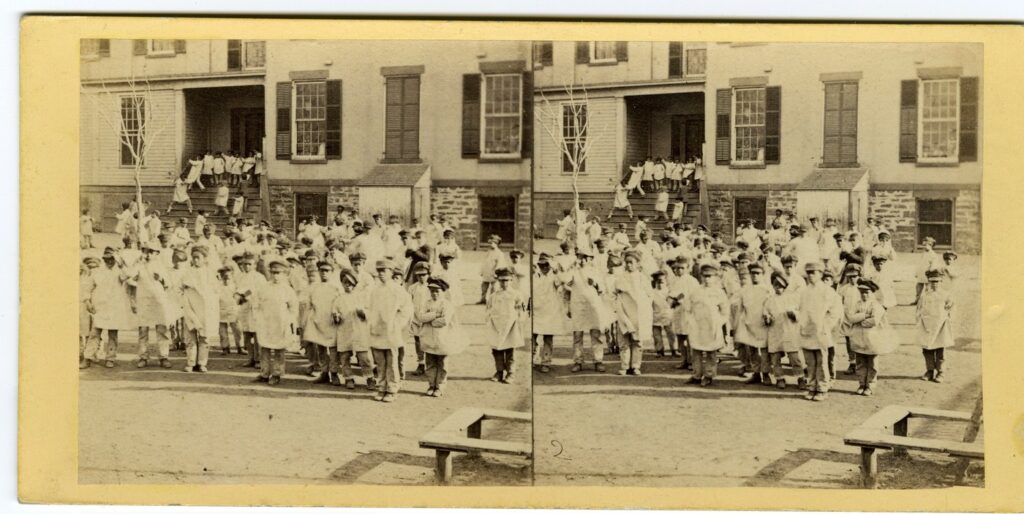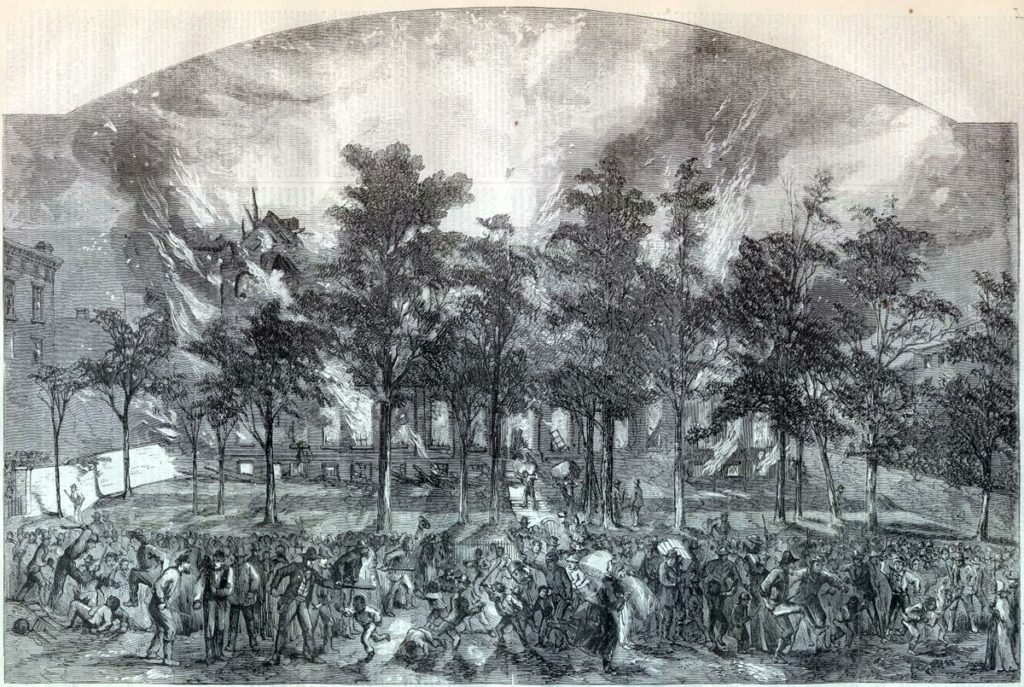The Colored Orphan Asylum, or Colored Orphanage, is a significant historical site located in New York City. Its history, significance and evolution span multiple time periods and reflect significant challenges and changes in American society with respect to race, education and human rights.
Background
Colored Orphan Asylum was founded in 1836 by a group of philanthropists and reformers. At the time, American society was deeply segregated and unequal, and orphans of color were often neglected and discriminated against. Colored Orphan Asylum was created to provide these socially neglected orphans with a safe, loving place to live and educational opportunities.



Burning in 1863

However, the orphanage was not entirely immune to the racial discrimination that was prevalent at the time. During the New York draft riots of 1863, the orphanage was attacked and set on fire by a mob, but the children were able to evacuate in time.
After the attacks, the orphanage was relocated and rebuilt several times. With advances in social attitudes and changes in the law, the orphanages were gradually transformed to focus more on education and social integration efforts.
Today, Colored Orphan Asylum is more than a historical memory; it is a timeless lesson in human rights, social justice and racial equality. It bears witness to the setbacks and progress of society and reflects the strength of human resilience and love in the face of adversity.
History:
More Information:
Civil War Draft Riot: Orphans caught in middle of racist resistance to fighting in war
New York Colored Orphan Asylum, (1836-1863)
Reference:
https://theclio.com/entry/12359